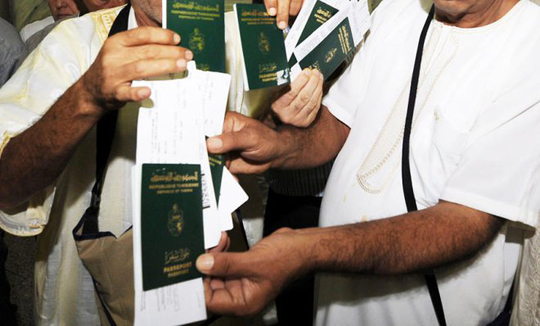New Delhi, Jun 18: Reliance Industries Ltd on Thursday said it has sold a 2.32 per cent stake in its digital unit to Saudi Arabia's Public Investment Fund (PIF) for Rs 11,367 crore, taking the cumulative fund raising to about Rs 1.16 lakh crore in two months.
Starting with Facebook Inc on April 22, Reliance has sold almost 25 per cent of equity in Jio Platforms - the maximum reports suggest the company intends to dilute to financial investors.
The investment by Saudi sovereign wealth fund is "at an equity value of Rs 4.91 lakh crore and an enterprise value of Rs 5.16 lakh crore", the company said in a statement.
With this investment, Jio Platforms has raised Rs 115,693.95 crore from some of the leading global investment powerhouses at a time when the world is deeply impacted by the coronavirus pandemic, resulting in a recession kind of environment for the global economy.
"With the addition of PIF's investment, Jio Platforms has established partnerships with a marquee set of global financial investors, who will contribute to establishing the Digital Society vision for India," the statement said.
Jio Platforms houses India's biggest telecom firm by subscribers, Reliance Jio. With more than 388 million users, Jio has forced out several rivals and driven consolidation in the sector since entering the market in 2016 with free voice services and cut-price data.
Over the past two months, billionaire Mukesh Ambani's oil-to-telecom conglomerate has announced the sale of about $14 billion of assets, completed a Rs 53,124 crore rights issue and slowed the run rate of new investment by a quarter.
These will help Reliance meet its target of paying off Rs 1.61 lakh crore of net debt by the end of the year.
This is PIF's largest investment into the Indian economy to date.
Ambani, chairman and managing director of Reliance Industries, said, "We at Reliance have enjoyed a long and fruitful relationship with the Kingdom of Saudi Arabia for many decades. From oil economy, this relationship is now moving to strengthen India's New oil (data-driven) economy, as is evident from PIF's investment into Jio Platforms."
Yasir Al-Rumayyan, governor of PIF, commented: "We are delighted to be investing in an innovative business which is at the forefront of the transformation of the technology sector in India. We believe that the potential of the Indian digital economy is very exciting and that Jio Platforms provides us with an excellent opportunity to gain access to that growth."
"This investment will also enable us to generate significant long-term commercial returns for the benefit of Saudi Arabia's economy and our country's citizens, in line with our mandate to safeguard and grow the national wealth of the Kingdom," he said.
The transaction is subject to Indian regulatory and other customary approvals.
Morgan Stanley acted as financial advisor to Reliance Industries and AZB & Partners and Davis Polk & Wardwell acted as legal counsels.
Prior to this deal, Reliance had sold 22.38 per cent of Jio Platforms to investors including Facebook Inc, securing Rs 104,326.95 crore in eight weeks.
Facebook kicked off the party, investing Rs 43,573.62 crore for a 9.99 per cent stake on April 22. This was closely followed by a further Rs 60,753.33 crore in investment.
Silver Lake - the world's largest tech investor - bought a 1.15 per cent stake in Jio Platforms for Rs 5,665.75 crore on May 4. It invested another Rs 4,546.80 crore for additional 0.93 per cent stake on June 5, taking its total holding to 2.08 per cent
Private equity KKR and Vista Equity Partners have taken 2.32 per cent stake each for Rs 11,367 crore apiece. KKR invested in Jio Platforms on May 22 while Vista invested on May 8.
Abu Dhabi sovereign wealth fund Mubadala Investment Co picked up 1.85 per cent in Jio Platforms for Rs 9,093.60 crore on June 5. Abu Dhabi Investment Authority on June 7 invested Rs 5,683.50 crore for a 1.16 per cent stake in Jio Platforms.
On May 17, global equity firm General Atlantic picked up 1.34 per cent stake in Jio Platforms for Rs 6,598.38 crore.
Global investment firm TPG on June 13 picked up 0.93 per cent for Rs 4,546.80 crore while L Catterton bought 0.39 per cent for Rs 1,894.50 crore.






Comments
Masha Allah gud work done by saudi gov
Add new comment